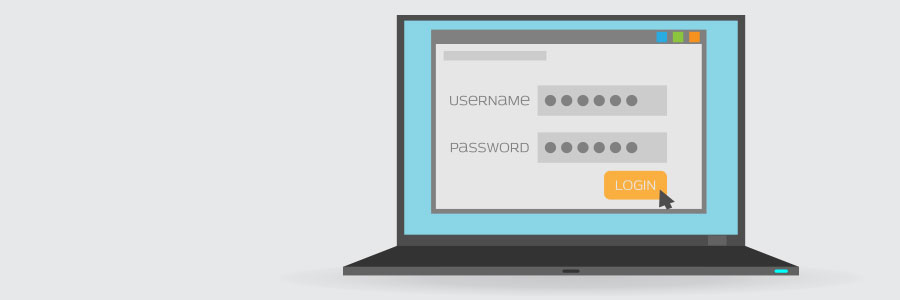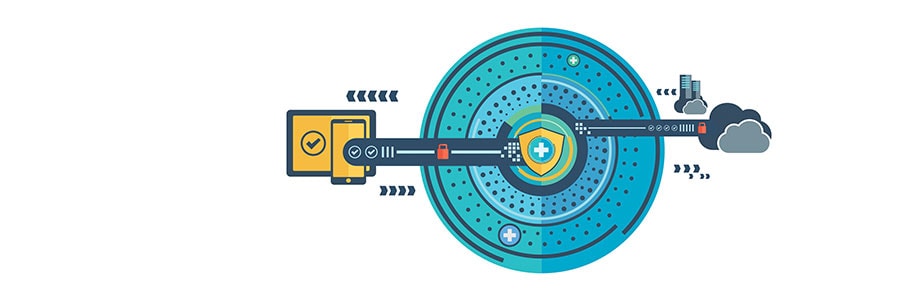Back in the day, simple antivirus software was all you needed to stay safe from security threats. Nowadays, it takes more than that to protect your online privacy. Whether you’re sending emails or chatting up a friend online, chances are your Wi-Fi connection can be intercepted.
Your password may be poor — update it now
3 Types of hackers you should know about

What do you call someone who hunts for security gaps in computer hardware and software? A hacker, right? What about someone who presents their findings to vendors to help them improve the quality of their products? There is more than one type of hacker, and understanding the difference is important.
What exactly is proactive cybersecurity?

Most managed IT services providers (MSPs) promise “proactive” cybersecurity consulting. Businesses large and small embrace the idea of preventing cyberattacks and data breaches before they happen, and MSPs themselves would much rather brainstorm safeguards than troubleshoot time-sensitive downtime events.
Enlist IT help when installing CPU updates
Beware of what you save in web browsers

Passwords are a double-edged sword. If you make them too simple, they’ll be easy to guess; if you make them too complex, they’ll be impossible to remember. One solution is to create an uncrackable password and save it to your browser. Unfortunately, recent research suggests that tactic could drastically reduce your privacy.
Phishing alert: scammers now use encryption
VPNs: Why you need them

Installing powerful antivirus software and setting strong passwords are no longer considered the bare minimum in cybersecurity. With hackers, government agencies, and ISPs constantly monitoring networks and your online habits, hopping onto a Virtual Private Network (VPN) is crucial for keeping your surfing habits private.
Google releases year-long security study

Your passwords are the gateway to your files, money, and identity, so it’s no surprise that hackers are constantly trying to steal them. Most cybercriminals will use malware to do the trick, but they also have other means at their disposal. Google’s year-long security investigation provides the details.




